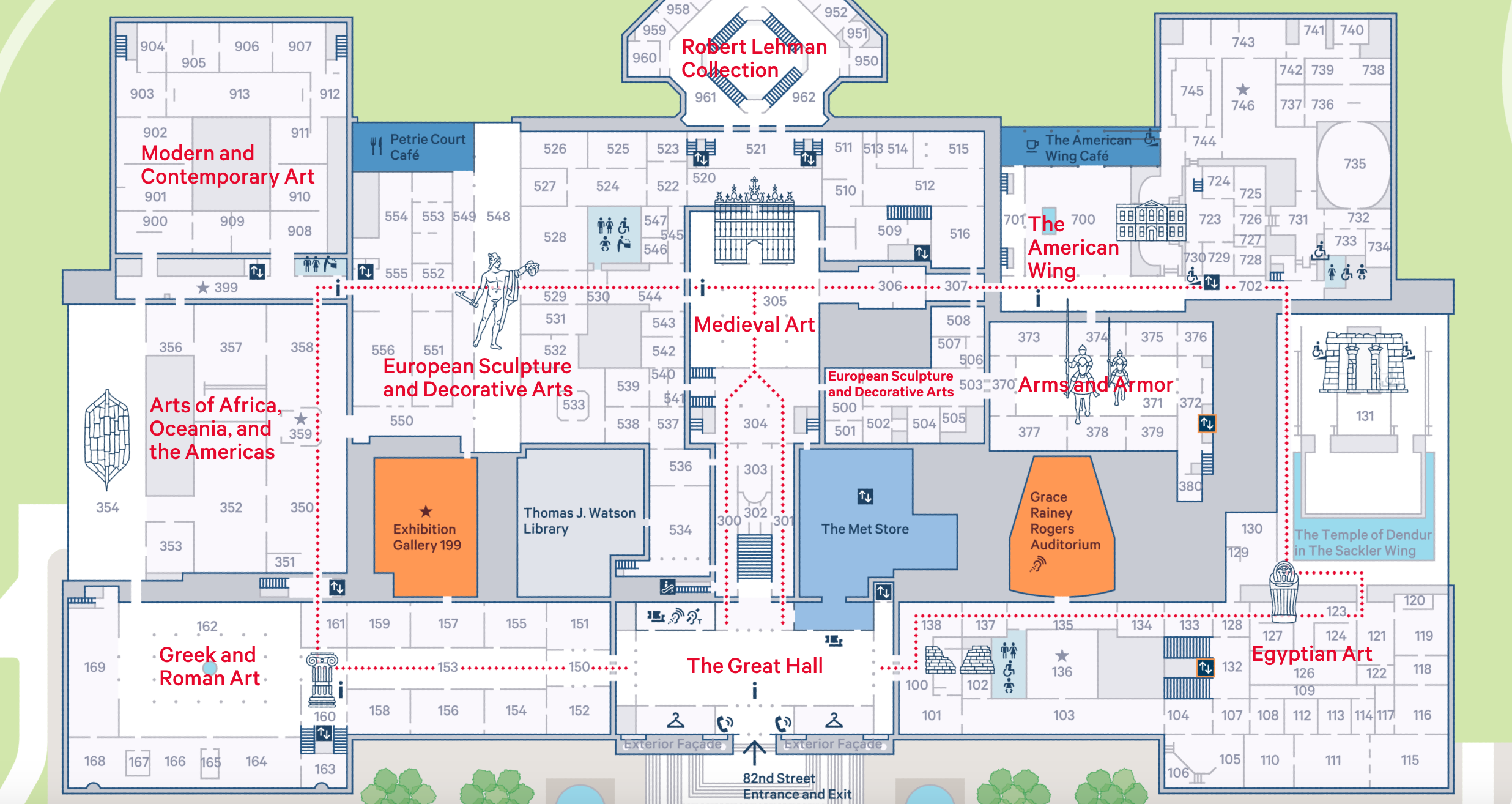Although funding into European proptech is on the rise, it's still lagging behind other parts of the world. There’s yet to be a European proptech unicorn: three quarters of them are American, and the other quarter are Asian.
But expanding to those international markets — particularly to Asian cities like Singapore with sophisticated built environments — could be the key for Europe’s proptech startups.
That’s WeMaintain’s thesis. The company — which provides building maintenance and is based in Paris and London — has just raised a €30m Series B from backers including Red River West, Bpifrance Digital Ventures and Swiss Immo Lab.
The company’s three founders have all spent proportions of their careers working in Asia — cofounder Jade Francine, for example, worked in Shanghai as an advisor to European companies expanding to Asia. Now WeMantain is set to open an office in Singapore.
“Asia is definitely, in terms of real estate, one of the most dynamic places in the world,” explains cofounder Benoit Dupont. “Asia is very advanced in terms of what a smart city will look like because it's harder to modernise a city like London or Paris.”
Asia fits WeMaintain’s business model well. The company offers building maintenance solutions, using tech to monitor aspects of real estate and deploying engineers. At present, it works on elevators and fire safety systems, but the goal is to expand these out to other aspects of real estate too.
“Building operations as a whole are broken, and we decided to use elevators as a Trojan horse to show we can use technology to transform this highly regulated and traditional industry,” says Dupont.
WeMaintain places sensors onto elevators that collect data on how they run and any maintenance, signalling when an engineer needs to visit. Unlike the industry incumbents, WeMaintain’s tech can be used on any elevator.
Elevator maintenance is a $35bn market, Dupont says. 43% of that business is in Europe, 42% is in Asia and 11% is in America. WeMaintain started in Paris, where there are 225k elevators (compared to 76k in New York, for example.)
But in terms of future growth, Asian cities are particularly promising. While European cities historically grew horizontally for a long time, cities like Singapore focused on vertical growth more quickly.
“It’s a generational thing,” he says, “if you look at every company in the Fortune 500, they all wanted to be the first. I think we're going to be measuring the success at WeMaintain on how many people's lives we impact with the technology.”
One way they hope to do that is by increasing the value put upon technical, blue collar work — like elevator maintenance.
Incumbent maintenance companies make big profits by giving engineers more and more elevators to service, Dupont says.
By using its tech to increase efficiency, and through the cost savings made from not having physical branches, WeMaintain aims to give engineers more time per job while increasing their salary. The average is $25-30k per year, Dupont says, but WeMaintain aims to give double that.
The company is also working on collecting data from buildings that can help owners make greener decisions.
“If you know when people are moving into the building with the elevator, and at which floor they're stopping, you can compare that to the heating systems,” he says — so if a building turns its heating on at 6am, but really people only start using it from 9am, that’s three hours of heat that could be saved.
Big real estate asset owners rarely have real time data on occupancy, Dupont says, and the incremental impact it could have on decisions they make could be significant.



